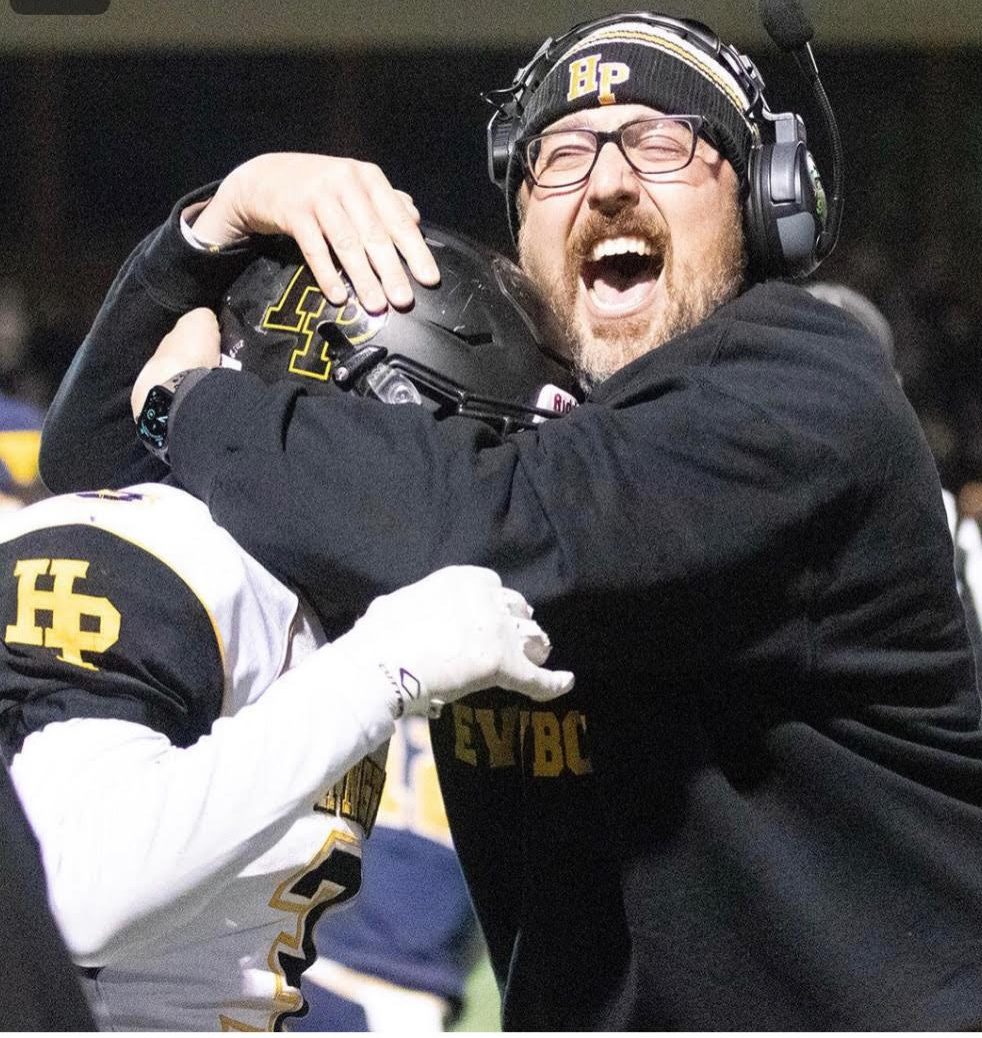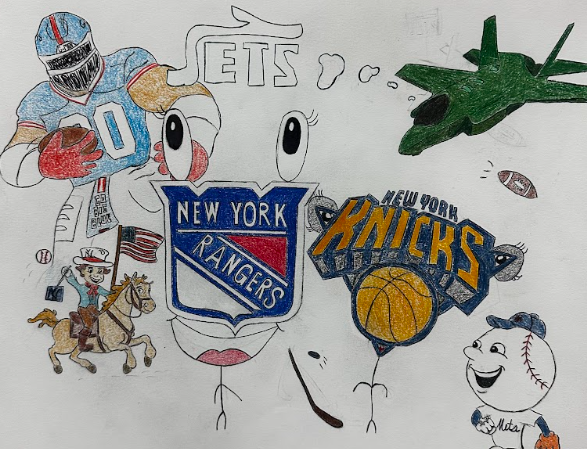By Caitlin Morrissey ’16
Ten years ago, the Duke lacrosse scandal and the events that transpired as a result of false accusations, prosecutorial misconduct and existing racial tensions in Durham, N.C., best exemplified a “rush to injustice.” Three members of the 2006 Duke men’s lacrosse team were accused of raping an exotic dancer they had hired for a team party. One of the accused hailed from Essex Fells, and was just a sophomore at the time.
“I remember coming home from college and seeing the overwhelming support from the town,” said assistant girls lacrosse coach Ms. Plesnitzer. “Whether it was donating meals or the yellow ribbons on the trees, it was really amazing.”
“My cousin went to Duke, played lacrosse there, and then coached there after he graduated,” junior Jordyn Thies said. “It was incredibly frustrating to see, and now understand the affects the scandal had on the coaches, who were condemned for their support of their athletes.”
“Durham at that time was a two-tiered city–black-white, wealthy-working poor,” said Joe Cheshire, an attorney for one of the accused lacrosse players in a recent interview. Many people cited constant conflict between the elitist northerners that came to Durham to attend Duke University, and the working-class citizens of the developing city of Durham.
One month ago, ESPN aired “Fantastic Lies,” a documentary summarizing and reflecting on the events that happened a decade ago. “I had absolutely no problem believing that rich, white, elite young men would take advantage of a young African-American woman,” Bradley Bannon said of his initial beliefs during his interview. He later served as an attorney for one of the accused.
The Duke lacrosse scandal was the culmination of all the issues not only prominent in Durham, but throughout major cities in the country. The vast discrepancies between the race, class, education and privilege of the accused and the accuser divided the nation, and propelled a media frenzy.
The way the boys were portrayed by the media generated a surge of activist groups on the Duke campus whose membership included some of the Duke staff. “Factually, we know that this men’s lacrosse team has been bad in its citizenship,” said Dr. Houston A. Baker of the entire men’s lacrosse program in a 2006 interview. He believed that the three boys committed crimes simply on the basis that “they felt entitled.” and saw them only as “a privileged group of white male athletes.”
Outside the Duke boundaries, the city of Durham roared with rage. Mike Nifong, who was then the prosecutor for Durham County, exploited the publicity of the scandal and continued to increase tension through his claims of hard evidence and horrifying eyewitness accounts that never substantiated in the trial.
The pressure and “evidence” surmounted, and Duke succumbed. They suspended the three accused students, and terminated the remainder of the season for the men’s lacrosse team. Head Coach Mike Pressler was pressured from the University to resign from his position as head coach because of his support for the accused.
Duke’s reaction indicated just how touchy the case, and its subject matter were at the time. For such a long time, the racial problems were danced around and avoided at all costs. “[Duke Officials] just wanted this story to stop being in the public eye,” said Don Yaeger, author of It’s Not About the Truth, in his interview for “Fantastic Lies.”
Eventually, the truth came out, and the players were able to prove their innocence. However, the impressions of the case still linger, despite the verdict. Although exculpatory evidence was found in the duration of the trial, many still believe that there was a crime committed that night. Ten years later, the accused are still victims of a seemingly ancient prejudgment.
“I would like to believe that we as a society do not prejudge, but allow the actual facts and evidence of the case be fully presented first then make a fair and meaningful decision,” said Assistant Principal Ms. Hoebee. “I think there is a clear difference between being cautious and condemning,”
“This is and is not something you see often,” said senior Michelle Inga. “I think the Duke case, 10 years ago enlightens our sheltered community to the real-world problems that are in our backyard, but at times seem so far away.”
The reality is that in any environment, situations like the one at Duke happen. Whether it be in a political, social, or athletic setting, racial tensions continue to persist and encourage harsh attitudes in our society. The violence, outrage and forging of two distinct sides prove racial tensions continue to define American conflict and political culture.


